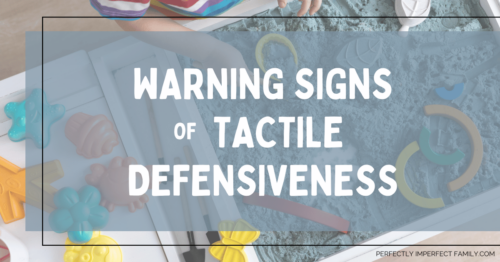Teaching Your Child to Keep Their Room Clean
My 12-year-old daughter has been working hard to keep her room clean, and we’ve discussed strategies to help her maintain it. One simple tip is taking five to ten minutes before bed to put things away. Though it's a work in progress, she’s starting to realize how a clean room helps her feel calmer.
Why Do We Focus On Perfection?
I’m tired of seeing perfection everywhere online — especially on Pinterest. I recently looked up pantry organization ideas, and everything seemed so perfect, yet impractical. The focus on perfection feels unrealistic. Instead of chasing an ideal, we should embrace authenticity and share how messy life can be. Practical solutions, not perfection, are what truly work for me.
Can a Teenager With ADHD Drive?
When my son, diagnosed with ADHD-Inattentive type, turned sixteen, I wondered if he could learn to drive. After a year of driving lessons, learner's permits, and overcoming his anxiety, he got his license. Though challenging, with patience and encouragement, I learned that teens with ADHD can indeed drive — it may take time, but it's possible.
Do I Make a Halloween Costume or Buy One?
Halloween is my favorite season, but Halloween costumes always stress me out. I used to try making them, but it wasn’t my thing. After years of feeling guilty for buying costumes, I’ve embraced it. Buying costumes has reduced my stress, and we enjoy Halloween much more. Do you make or buy your costumes?
Warning Signs of Tactile Defensiveness
My son was diagnosed with tactile defensiveness, a hypersensitivity to touch. He struggled with diaper changes, bath time, and even baby food textures. We didn’t understand his reactions until the diagnosis explained everything. Looking back, his aversion to certain textures and sensations made sense. Tactile defensiveness is a challenge, but understanding it has been key.
Helping a Child with Tactile Defensiveness Overcome Eating Challenges
Tactile defensiveness can make mealtime challenging for children due to sensory sensitivities. With patience and a strategic approach, parents can help by creating a calm environment, gradually introducing new foods, and modifying textures. Consulting with occupational therapists can also provide valuable support in helping children develop a healthier relationship with food and overcome eating challenges.





